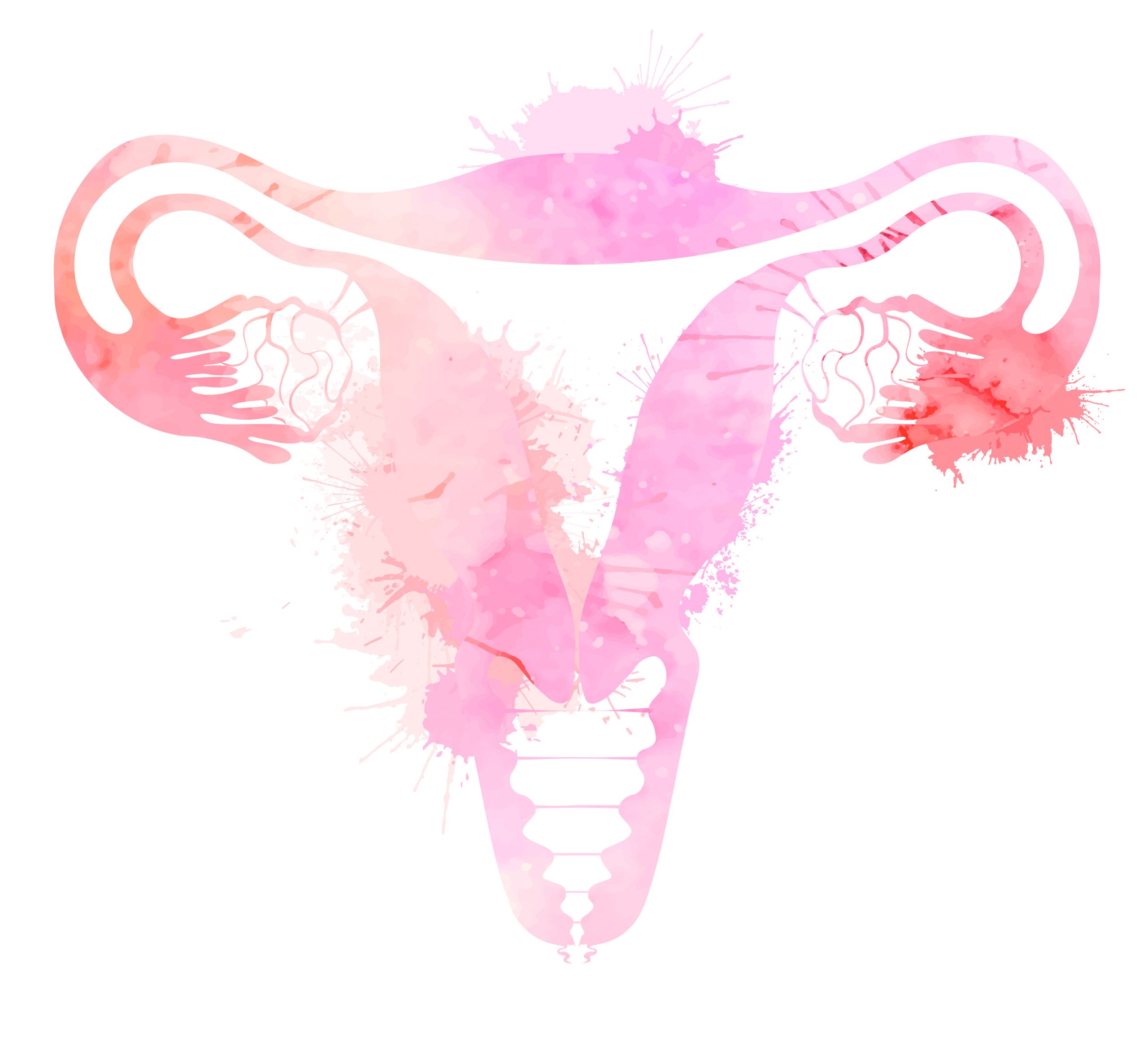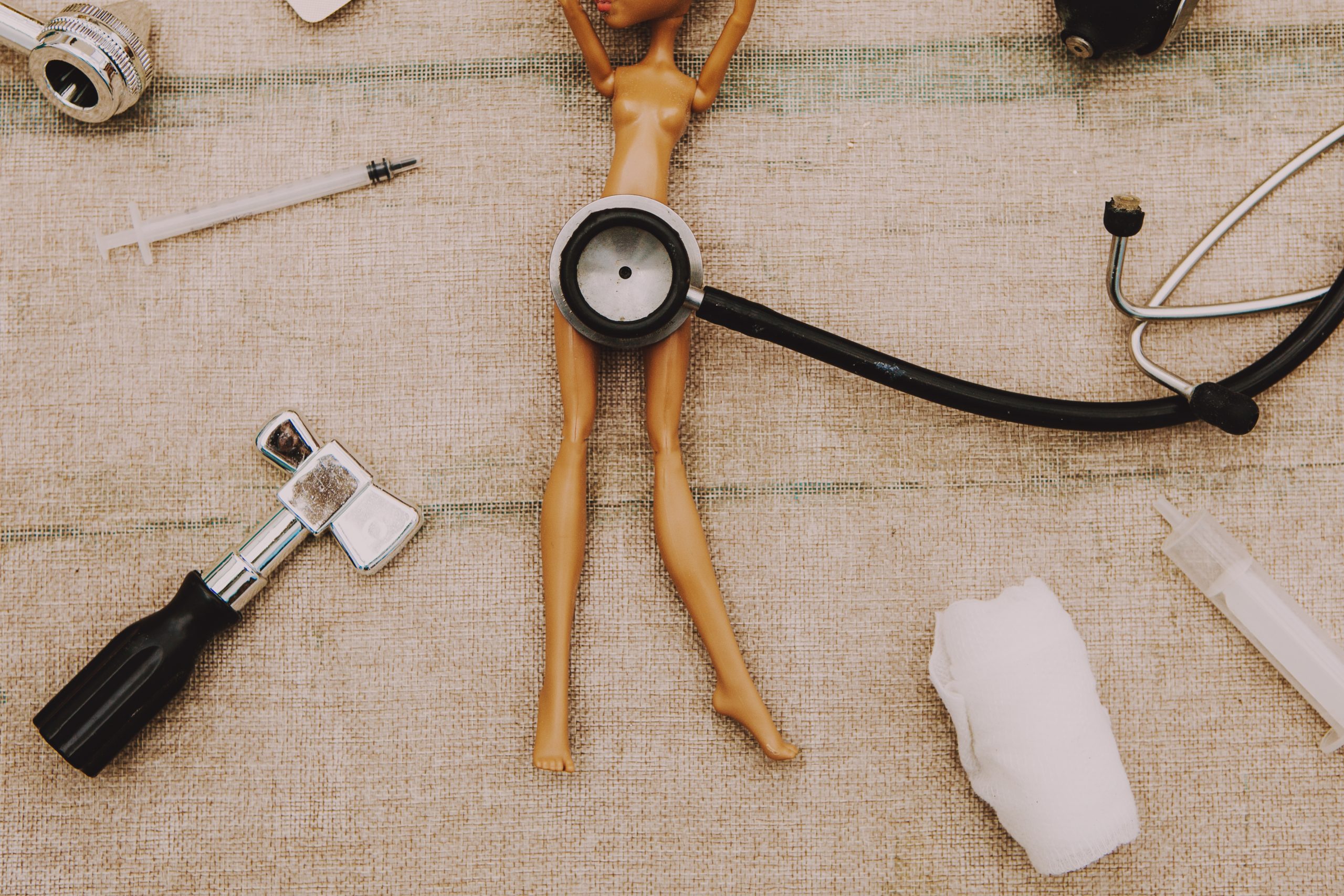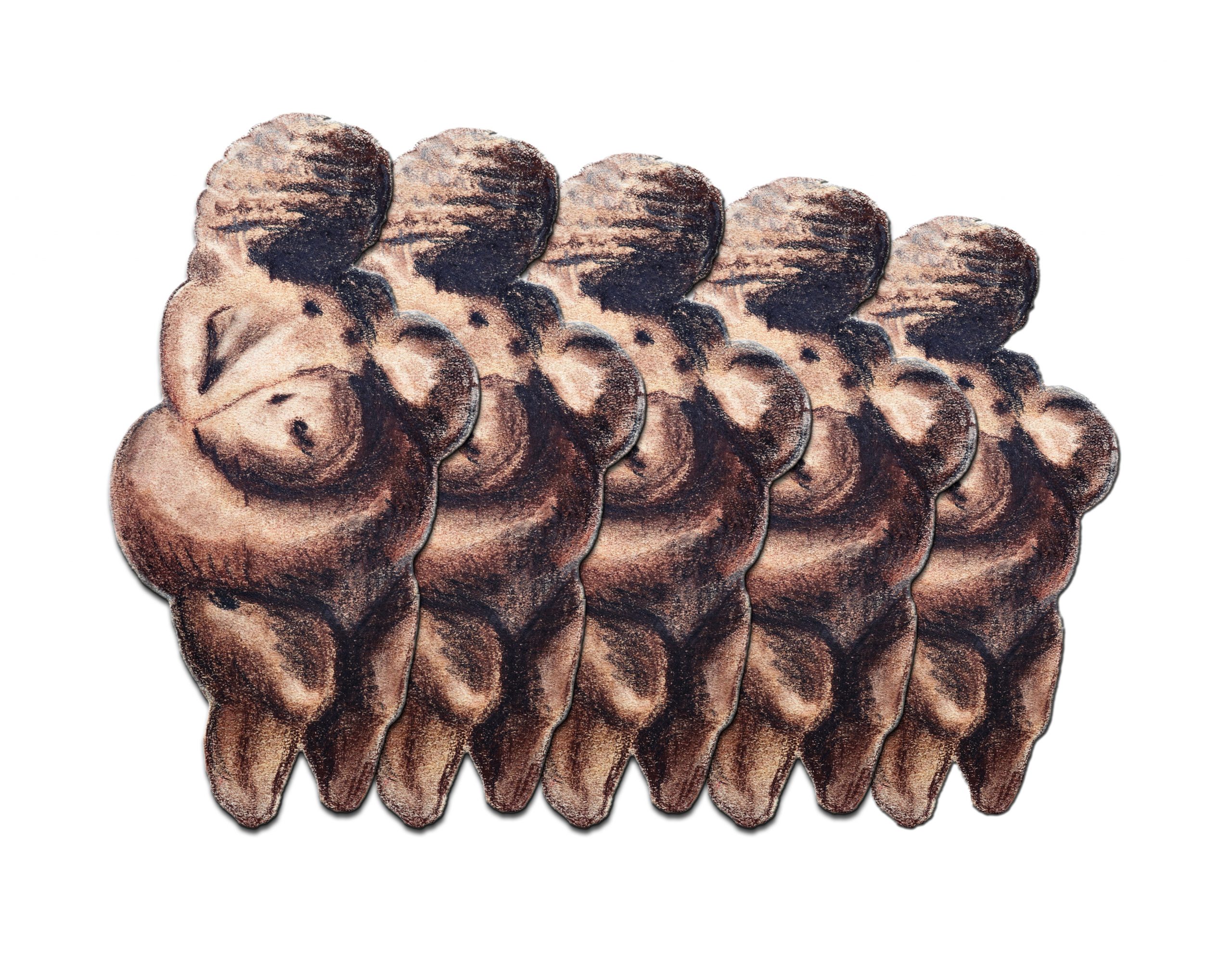How old wisdom about menstruation unlocks higher performance.
Selling the Female Body for Parts

Our human bodies cannot be reduced to interchangeable commodities.
A million things have been uprooted and float in the air above our heads. How they shall fall back down, and who shall be crushed as we prepare to “build back better,” remains to be seen.
At the center of this drama stands the question of what it means to be a human person. Who are we? What does it mean that we have bodies? Does it matter? These things have never been in such doubt. Over two centuries of rapid technical advancement have brought us to a juncture where we seem uncertain who or what we are. This is a particularly personal drama for women.
Despite the talking point that the past few millennia have been dominated by something called patriarchy, the fact is men and women were once united together working in a shared home and landscape. Over and throughout their community, a place it was not easy to just up and leave, were entwined beliefs about the person, and women, which shaped every aspect of daily life.
The 20th-century institutional critic Ivan Illich used the term “vernacular gender” to designate this fundamental weaving together of body, sex, work, stories, and community. In communities and eras with a strong sense of vernacular gender, certain tools and ways of being were only for women, others for men. To dive deep into this world is to realize how unmoored and de-gendered our lives and bodies have become.
This process cannot be described as organic, because the changes we have made to our gender norms were not requested by the masses. Billions of dollars are spent on propaganda, advertising, and entertainment to convince people to move toward a unisex understanding of the individual. Whom does this unisex, gender-neutral person work for? What is the benefit of de-sexing the body? Is such a thing possible or desirable?
The field of biomedicine reveals the mindset driving all the efforts to unsex our species. In biomedicine, the mechanomorphic understanding of the person asserted by the oligarchs best comes to light. They want a world where chromosomes don’t matter—even better, a world where chromosomes are alterable, where identity can be purchased, returned, and re-purchased again. They want to make every aspect of human identity a choice, so that they can commodify that choice and sell people options: a designer uterus here, an artificial hormone there.
The technical process which revolutionized work in the 18th and 19th centuries went on to revolutionize the home in the 20th century. Today a group of men and women disconnected from the fruit of their labor, and more worryingly from any sense of home, are confronted with the 21st-century revolution of the body. The push is to declare all signifiers of gender bigoted, to see our innate form as optional.
Designer Bodies
Nowhere does the priestly nature of the oligarchs’ metaphysical revolution reveal itself more than the issue of surrogacy. In the surrogate industry’s buying and selling of women’s bodies, in its casual disdain for the role of the mother (or “gestator”) and her connection to the baby, in its seizure of the language of pregnancy (“pregnant people”), in its dream of populating uteruses with no regard for the rest of the human body, we may see the full delusion of Build Back Better.
The believers in human malleability must attack the concept of motherhood to pursue their modular goals. Nothing else reminds us of our limitations and gifts more than pregnancy and birth. Here we see we did not make ourselves, that our bodies have a design and logic of their own. It disgusts the oligarchs to think that this gift is beyond our control. The best way to reject the gift is to claim the body for ourselves, to re-shape the body into a tool to be controlled.
What a gift! A unisex world of uterine transplants and artificial wombs blends nicely with a rootless populace dependent upon credits and handouts. The logic of the Cartesian model has brought us here, to a world of unmoored intellects which see themselves as piloting with machine-like bodies, ripe for an upgrade. The breast was inferior to formula, the pump liberated women to send their 10-week-old infants to daycare, and the surrogate poses to liberate the rich from the formation of life itself.
Time and again we have seen that what is called liberation is actually warfare upon vernacular traditions that guided communities through the world. Liberation from the fields and the spinning wheel led to alienation in the factories. Liberation from one’s neighbors and housework led to empty homes, kids shuttered in daycares, and mothers lamenting in their wine-mom groups that children are a toxic burden. Each liberation leads to nothing but further overall misery and enslavement, because each liberation means rejecting the concept of individual responsibility.
“All living is dwelling, the shaping of a dwelling. To dwell means to live in the traces that past living has left,” wrote Ivan Illich in Gender (1982). Our bodies are an inheritance and they are under siege in the false name of “liberation.” Part of the gift we have been given is growing into the role of steward, to shape and work with the gifts of our hands to pass down the gifts of our bodies and souls.
Our ever more advanced tools have supplanted our natural capabilities and atrophied them, leading us away from a responsibility born of love into consumer dependency. This dependency has not made us happier or healthier in the long term, though it offers many short-term comforts. We are a tired, angry, unhealthy, fearful people. Surrogacy and the movement to collapse the embodied genders into a unisex Lego model will not relieve our anxieties but heighten them. If to live is to dwell, then we must now testify to the joy of dwelling in these bodies, caring for them, knowing them as we received them.
You are not a gestator. You are not even a womb. To be a woman is neither a feeling nor a product for purchase. It is a gift. We have been tempted into turning that gift over to those who make money off of our dependency. We may return to the gift and the responsibility when we cease speaking or even thinking of ourselves as merely a set of genitals and reproductive parts, when we realize we are neither a pile of feelings or a product for purchase. Women are not sacrifices. Women are not for sale.
The American Mind presents a range of perspectives. Views are writers’ own and do not necessarily represent those of The Claremont Institute.
The American Mind is a publication of the Claremont Institute, a non-profit 501(c)(3) organization, dedicated to restoring the principles of the American Founding to their rightful, preeminent authority in our national life. Interested in supporting our work? Gifts to the Claremont Institute are tax-deductible.
You don't need a study to tell you what common sense confirms.
From the CDC on down, medical institutions have betrayed our trust too many times.
Which way, Western woman?
Conservatives and feminists must unite against technocratic effacement.





